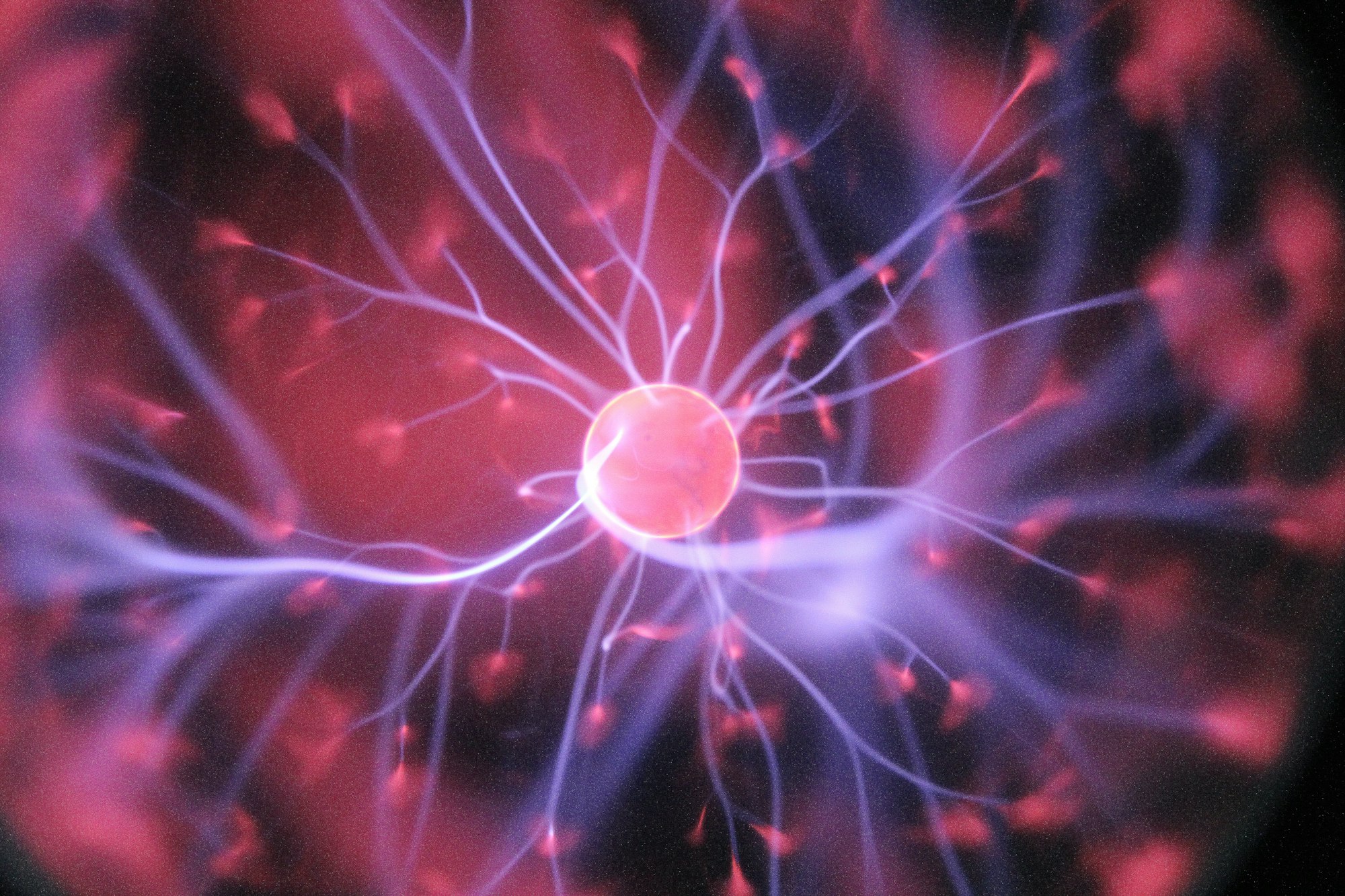Understanding Parkinson's Dementia Symptoms and Distinctive Features
Parkinson's disease and dementia are progressive medical conditions that affect the central nervous system. Learn about the symptoms, causes, and risk factors for Parkinson's dementia, and how it differs from Alzheimer's disease.

Parkinson's disease and Alzheimer's disease, both progressive and incapacitating conditions, target the central nervous system. The root cause is linked to a decline in dopamine levels within the brain – a neurotransmitter that orchestrates fluid movement and motion initiation. The gradual depletion of dopamine disrupts smooth movement and mobility.
Notably, the presence of Lewy Bodies, protein aggregates that resist cellular breakdown, is a hallmark of Parkinson's disease. Researchers consider these clumps a microscopic indicator of the condition. While no blood test can definitively diagnose Parkinson's, a comprehensive neurological evaluation is the current diagnostic standard, ruling out alternative conditions and assessing muscle strength, balance, and reflexes.
As time advances, Parkinson's disease evolves, affecting muscle functionality, balance, coordination, and movement. Common complaints include fatigue, pain, apathy, and depression. In advanced stages, swallowing and speech difficulties arise, and dementia may develop.
Dementia isn't a standalone ailment; it comprises symptoms impacting cognitive faculties. Often observed in Parkinson's disease, dementia typically emerges in individuals aged 60 or older. The likelihood of developing dementia escalates with age, particularly in those with Parkinson's disease, with an estimated fivefold increased risk. This risk augments with prolonged exposure to Parkinson's, potentially intertwined with other brain conditions like vascular dementia. Furthermore, medications addressing Parkinson's may exacerbate dementia-like symptoms.
Parkinson's-associated dementia differs from the memory-centric dementia linked with Alzheimer's disease. The former affects concentration, planning, impulse control, and information recall, usually without complete memory loss. Individuals with Parkinson's tend to maintain insight into their memory issues, contrasting with Alzheimer's patients.
Dementia incidence rises if Parkinson's sufferers are over 70, endured substantial psychological stress, or have a history of heart disease.
Distinguishing Lewy Body Dementia (LBD) from Parkinson's Dementia:
Lewy Body Dementia, also known as Lewy Body Disease (LBPD), is rarer and can manifest alone or within Parkinson's disease. This condition is marked by Lewy body deposits that accumulate in nerve cells, causing gradual cognitive decline.
Symptoms often overlap with Parkinson's Dementia, encompassing memory problems, confusion, visual hallucinations, balance issues, and slowed movement. Moreover, LBD may introduce severe fluctuations in alertness levels throughout the day, alongside heightened depression and anxiety.
Though treatment parallels for both conditions, Lewy body patients may necessitate additional medications. Recognizing these unique traits helps individuals and caregivers secure timely care and management.
In essence, comprehending Parkinson's Dementia and Lewy Body Disease empowers individuals and caregivers to seek appropriate support, promoting the best possible quality of life for those impacted by these conditions.
Our Resources section can help you find the information and tools that you need. We have courses, videos, checklists, guidebooks, cheat sheets, how-to guides and more.
You can get started by clicking on the link below. We know that taking care of a loved one is hard work, but with our help you can get the support that you need.
Click here to go to Resources Section now!
You might also like this article:




